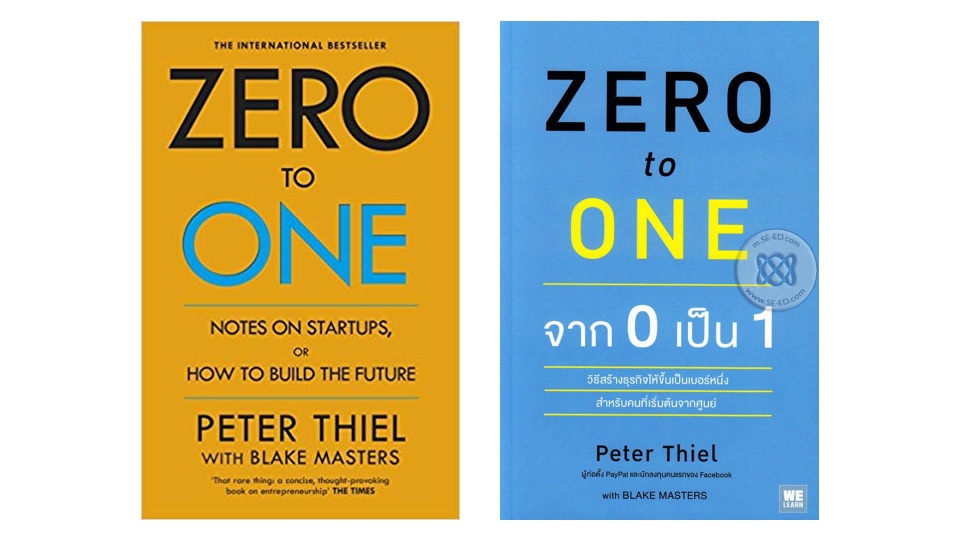

But from the 1970s to the present, he says this vertical progress changed into horizontal progress, which led to greater competition for resources. To illustrate his point, Thiel explains that from 1914 to 1971, businesses in the United States created a lot of new technologies, many of which improved Americans’ standard of living and had a positive impact on society. Meanwhile, Christensen defines a sustaining innovation as one that doesn’t disrupt the market-it’s just more of the same, like Thiel’s concept of horizontal progress.) Disruptive innovations correspond to Thiel’s concept of vertical progress because they redefine the market by creating capabilities that didn’t exist before. For example, in The Innovator’s Dilemma, Clayton Christensen defines a disruptive innovation as a new product that changes the market landscape. (Shortform note: Thiel’s contrast between horizontal and vertical progress parallels other authors’ delineation between sustaining and disruptive innovation. Horizontal progress produces more of something that already exists, perhaps with minor refinements along the way.It involves “going from zero to one” because you’re creating something that’s the first of its kind. Vertical progress creates new things: new products, new systems, and new ways of doing things.He differentiates between horizontal and vertical progress as follows: Thiel argues that social progress requires technological progress, specifically “vertical” technological progress.

Chan Kim and Renée Mauborgne, authors of Blue Ocean Strategy, and Geoffrey Moore, author of Crossing the Chasm. We’ll also compare Thiel’s perspective with that of other innovation experts, like W. Then, we’ll consider his advice on running a startup. First, we’ll unpack the foundational philosophy that motivates Thiel’s approach. In the book, Thiel weaves abstract philosophy and practical advice together, but in this guide, we’ll discuss them separately. Zero to One presents his solution to this problem: nurturing small startups developing revolutionary new technologies. However, he is concerned that technological progress has stagnated today. In Zero to One, PayPal co-founder and venture capitalist Peter Thiel contends that creating new things is both the best way for a company to profit and the only way for humans to progress.

1-Page Summary 1-Page Book Summary of Zero to One


 0 kommentar(er)
0 kommentar(er)
